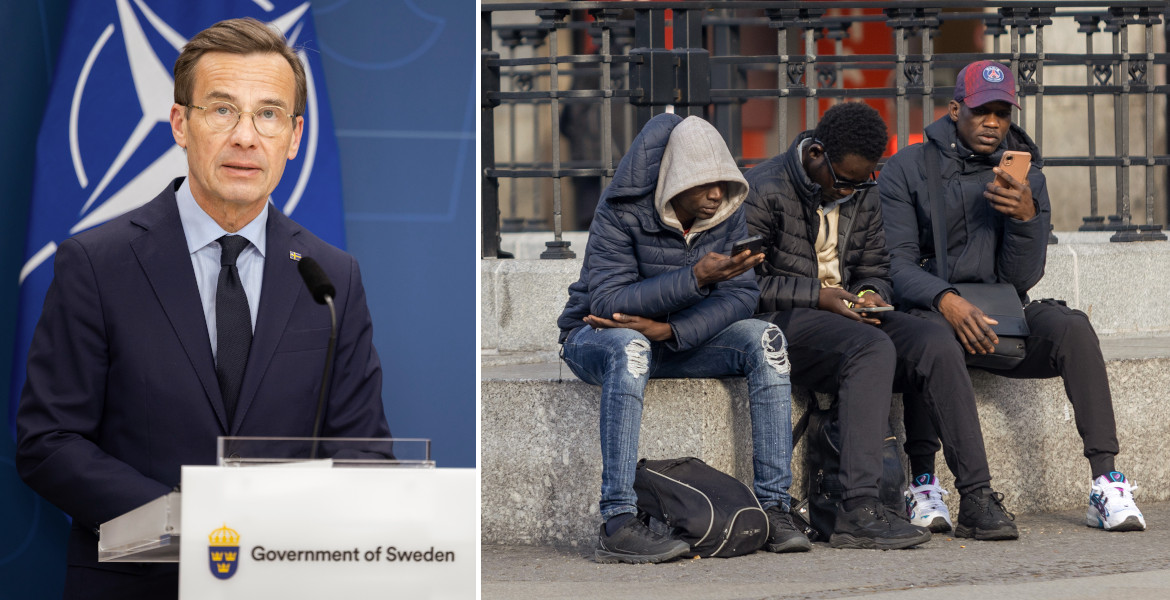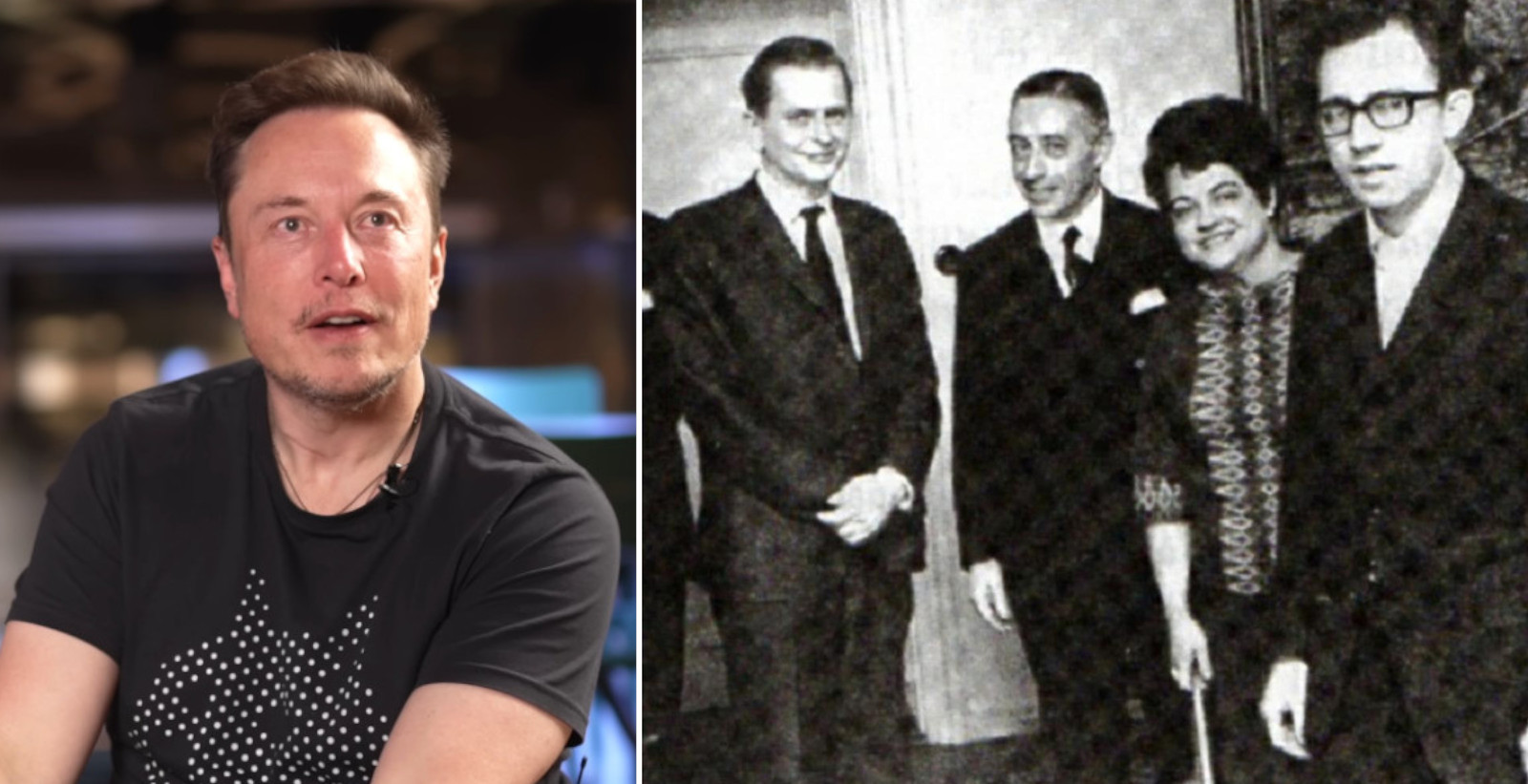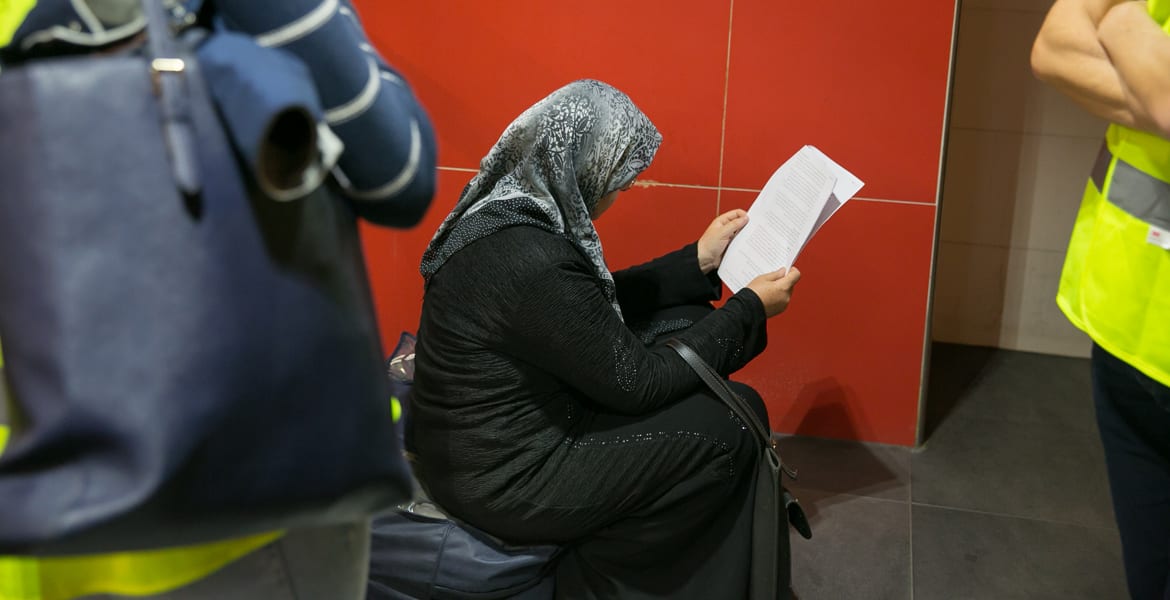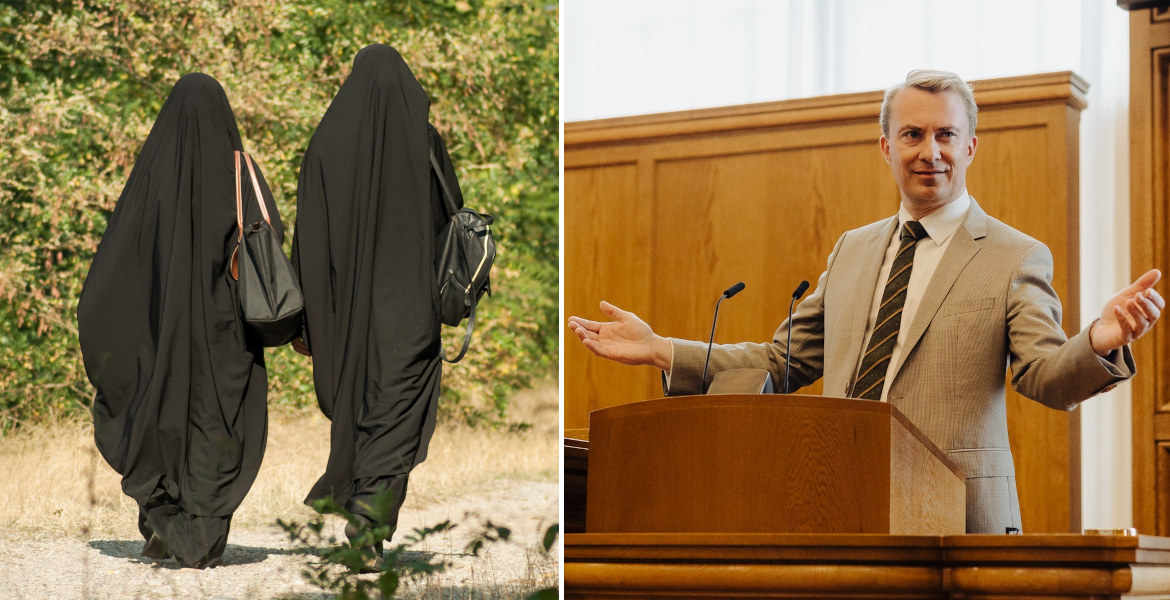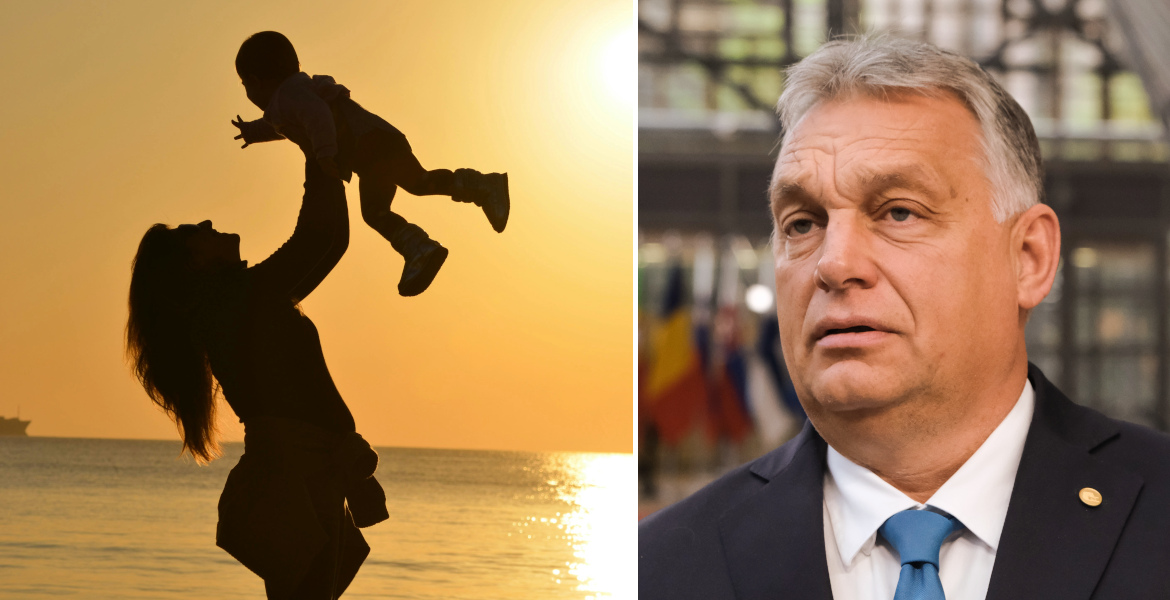SEK 600,000 (€55,000) in repatriation aid for voluntarily leaving the country is far too low an amount for many of the country’s Somalis. That is the assessment made by the chairman of the Somaliland National Association after speaking with its members about the matter.
Already last autumn, the Moderate-led government declared its intention to significantly increase the financial support for migrants who voluntarily return to their home countries – from SEK 10,000 (€900) to 350,000 (€32,000).
Further details have now been presented, including that a couple can receive up to half a million SEK to leave Sweden, and that families can be granted even higher tax-funded sums than that – up to SEK 600,000 (€55,000).
– Voluntary repatriation creates opportunities for individuals to make a new start in life and can lead to economic and labor force growth in another country, argues Migration Minister Johan Forssell (M) in a press release.
"Long-term livelihood"
To prevent abuse, the idea is that those who accept the aid but then remain hidden in Sweden or later return could be required to repay the money.
Despite the significant increase in the aid amount, it is still expected to have limited impact. The Somaliland National Association has asked its members about the issue and concluded that the willingness to voluntarily leave Sweden remains very low – and that this is due to purely economic reasons.
– I don't think 600,000 for an entire family is enough of an incentive. Most of those we interviewed mentioned significantly higher amounts in order to be able to lay the foundations for a long-term livelihood, says chairman Mustafa Ismail.
Want to see focus on education
The Somali interest group also does not think it is a good idea to pay out the money as a lump sum as long as the migrants who leave the country are not also given help to start their own businesses in their home countries.
– Instead of giving money to individuals, we should look at investing in entrepreneurship, Ismail continues, calling on the Swedish government to focus on developing training programs in professions and industries that are considered necessary in Somaliland.
Ismail also emphasizes that comprehensive voluntary repatriation can only take place if the process is carefully coordinated with the country that will receive the migrants.
Somaliland is a self-proclaimed republic in north-western Somalia with its own government, currency and security force that has operated as a de facto independent state since 1991, but lacks international recognition.
The majority of the population of Somaliland belongs to the Isaaq, Gadabuursi and Dhulbahante Somali clans and the different clans are often in complex and protracted conflicts with each other or other clans in Somalia.
The conflicts are usually about power, natural resources and influence, and about different clans claiming historical rights to specific areas that are currently controlled by other family networks - in principle, however, all are ethnic Somalis and share the same language, religion, culture and historical origins.
